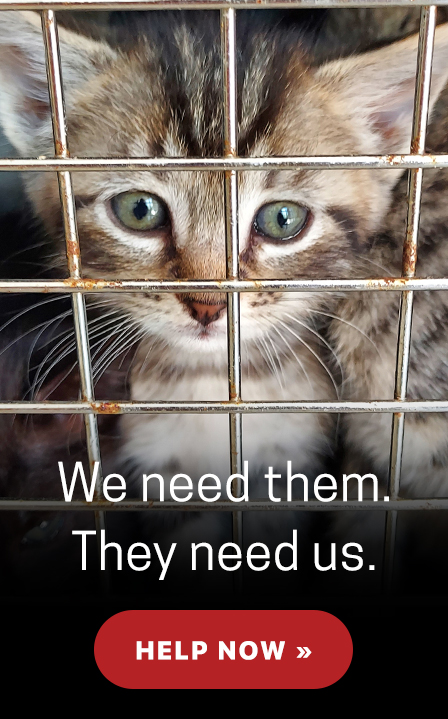Judging by the dozens of aquariums around the country offering Mother’s Day programming, tens of thousands of American moms appear set to spend their special day getting a front row seat to the majestic and awe-inspiring creatures of the sea. For good reason. A trip to the local aquarium is something the whole family can enjoy, with sea life giving moms a well-deserved break from entertaining the kids.
Unfortunately, an activist movement called Empty the Tanks is trying to spoil the fun. Today, it is hosting coordinated worldwide protestsdemanding that aquariums return their inhabitants to the sea. Its mission statement is, “End captivity, protect the oceans.”
As a committed conservationist, I understand that this mission has a certain emotional appeal. But upon further examination, emptying aquarium tanks would have a negative impact beyond just eliminating the joy of visiting an aquarium. It would set back the conservationist cause, not advance it.
Aquariums are arks of hope for the countless marine wildlife threatened by ocean pollution and overfishing. There is an island of plastic garbagetwice the size of Texas floating off the coast of California, one of five massive garbage islands covering the globe. A Plymouth University studyfinds plastic pollution affects at least 700 marine species, and some estimates suggest that at least 100 million marine mammals are killed each year as a result.
All three species of bluefin tuna are so endangered by overfishing that their recovery is virtually impossible. New Zealand’s Maui dolphin and West Africa’s Atlantic humpbacked dolphin could disappear within a decade. There are more than 135 endangered shark species; the number of scalloped hammerhead shark, found at the New Jersey aquarium, among others, has decreased by 99 percent over the past 30 years. Roughly 15 percent of aquarium species are threatened or endangered.
Most aquariums have robust rescue programs, where these threatened animals can find a safe harbor, with conservation and research as key missions. Once rescued, aquariums can study these species and make a real impact in saving them.
There are 115 reintroduction programs, 40 of which focus on threatened or endangered species, at American zoos and aquariums. So far this year, SeaWorld Orlando’s Animal Rescue Team has rescued 30 manatees, which are returned when rehabilitated. In total, SeaWorld has rescued more than 31,000 animals and published more than 300 scientific studies.
Research conducted by aquarium scientists also informs conservation efforts and exhibits. Last year, Georgia Aquarium scientists successfully performed health assessments on endangered whale sharks for the first time ever in Indonesia’s remote Cenderawasih Bay. During their recent visit to St. Helena, scientists studied whale shark movements and the impact of plastic pollution on their livelihoods. This information helps inform conservation efforts and the whale shark exhibit at Georgia Aquarium.
Perhaps the biggest benefit aquariums have in advancing conservation is by inspiring people to act. Aquariums offer ordinary people the extraordinary opportunity to see fascinating sea life up close. This is vital to generating the public support necessary for conservation efforts. To generate support for conserving sea creatures, people must deeply appreciate them. But to appreciate them, people must first know them. Aquariums offer people this introduction.
To do the most good, aquariums must be held to the highest standards of animal welfare. The American Humane Conservation program furthers this goal by certifying that animals in participating zoos and aquariums are healthy, positively social, active, safe and living with proper light, sound, air and heat levels. These standards are set by animal science experts, providing the third-party validation of humane treatment and positive welfare that an increasingly discerning public is demanding.
Like most mothers, I recognize the indescribable bond that children have with animals. Weakening this bond by returning aquarium inhabitants to the sea would also weaken the conservation movement. Potential protesters today should think about this before acting on emotions. And American families should support conservation efforts by visiting their local aquariums.
Robin Ganzert, Ph.D., is president and CEO of American Humane, the country’s oldest national humane organization. She is the former deputy director of philanthropic services at The Pew Charitable Trusts in Washington, D.C., and was senior vice president and national director of Philanthropic Wealth Management. The author of the book, “Animal Stars: Behind the Scenes with Your Favorite Animal Actors,” she is regularly featured on forums including CNN, The Today Show, Fox and Friends, NPR, and On the Record with Greta Van Susteren.
Read the full story on The Hill.


